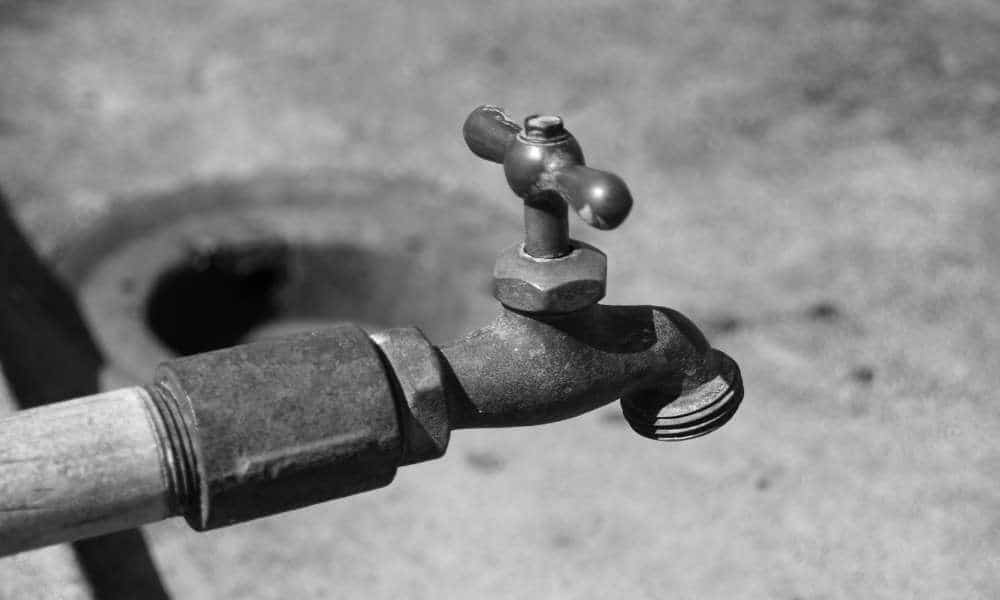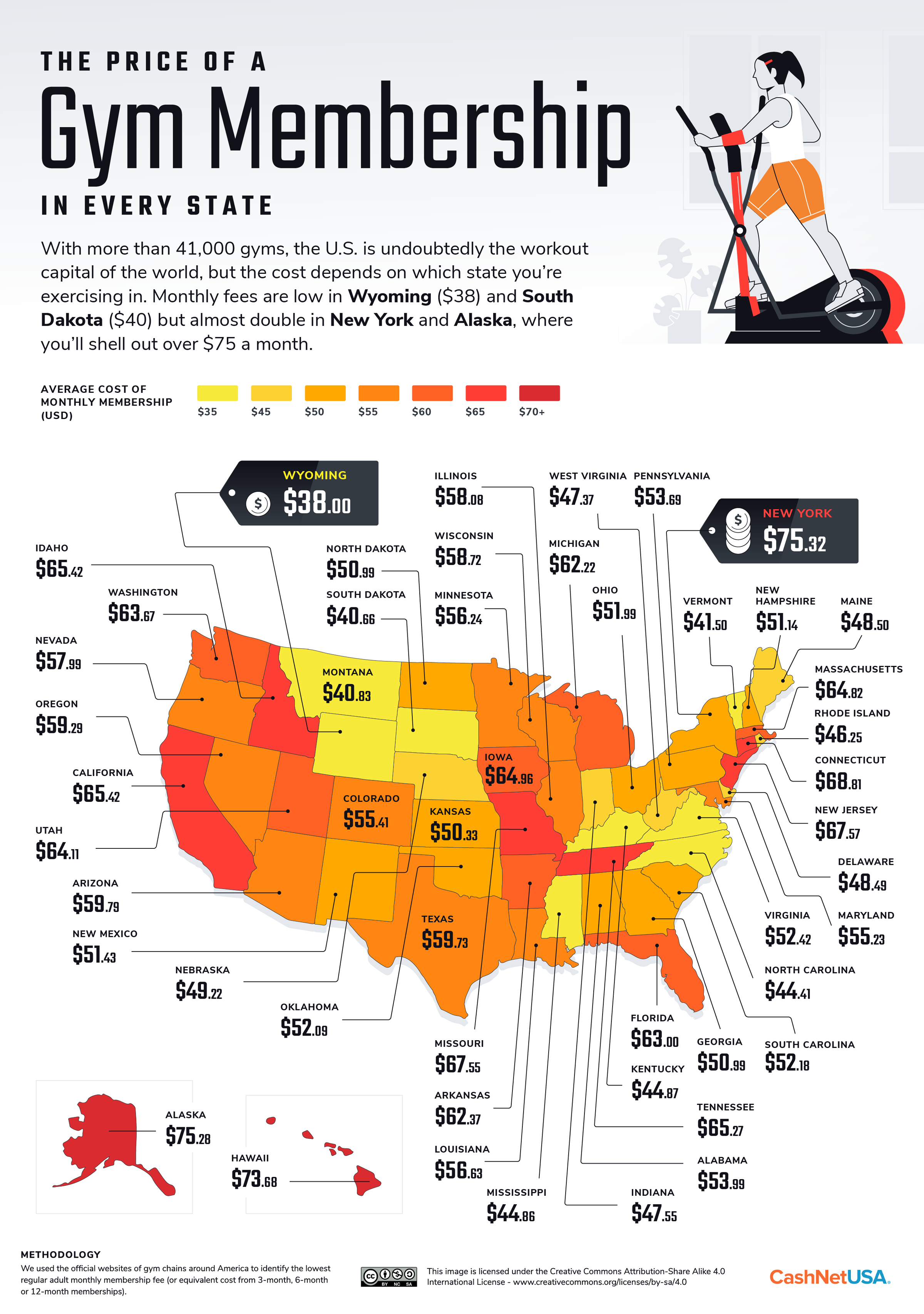Health Science to MD: Pathway to Becoming a Doctor with a Health Science Degree
Can you become a doctor with a health science degree?
Health science degrees offer a solid foundation in understand human health, disease processes, and healthcare systems. Many students pursue these degrees wonder if they can transition into become a medical doctor. The answer is yes, you can become a doctor with a health science degree, but the path requires additional steps beyond your undergraduate education.
A health science degree can serve as an excellent springboard for medical school, provide you complete the necessary prerequisites and adequately prepare for the application process. Let’s explore the comprehensive pathway from health science to become a physician.
Understand health science degrees
Health science is a multidisciplinary field that combine elements of natural sciences, social sciences, and healthcare management. These programs typically cover:
- Human anatomy and physiology
- Public health principles
- Healthcare delivery systems
- Health promotion and education
- Basic medical terminology
- Research methods in healthcare
While these subjects provide valuable background knowledge, health science programs oft lack the depth of science coursework that medical schools require for admission.
Medical school prerequisites
Medical schools typically require specific prerequisite courses disregarding of your undergraduate major. A health science degree may include some but not all of these requirements:
Common medical school prerequisites
- General biology with lab (2 semesters )
- General chemistry with lab (2 semesters )
- Organic chemistry with lab (2 semesters )
- Physics with lab (2 semesters )
- Biochemistry (1 semester )
- Mathematics (calculus and/or statistics )
- English composition
Many health science programs include general biology and chemistry, but you may need to take additional science courses to fulfill all medical school requirements. Check your specific health science curriculum against medical school prerequisites to identify any gaps.
Supplement your health science degree
If your health science program doesn’t cover all the prerequisites, you have several options:
Elective courses
While complete your health science degree, strategically choose science electives that fulfill medical school requirements. Plan other to incorporate these courses into your undergraduate schedule.
Post baccalaureate programs
These programs are design specifically for graduates who need additional science coursework to prepare for medical school. They typically last 1 2 years and focus intensively on complete prerequisite courses and prepare for the MCAT.
Master’s programs
Some students opt for a master’s in biomedical sciences or similar fields to enhance their science background and strengthen their medical school application. These programs oft include advanced coursework in human physiology, pathology, and biomedical research.
The medical school application process
Once you’ve completed the prerequisites, the application process for medical school include several components:
MCAT preparation and performance
The medical college admission test (mMCAT)assess your knowledge of scientific concepts and critical thinking skills. Strong performance on this standardized test is crucial for medical school admission. Health science majors may need additional preparation in physics, organic chemistry, and biochemistry sections.
GPA considerations
Medical schools evaluate both your overall GPA and your science GPA individually. Competitive applicants typically have gas of 3.5 or higher. If your health science program wincludesfewer science courses, your science gpa cGPAulation will be will base on a smaller set of classes, make each grade more impactful.
Clinical experience
Medical schools value hands-on experience in healthcare settings. Health science majors oftentimes have opportunities for internships or clinical rotations as part of their curriculum, which can be advantageous. Supplement these with volunteer work, shadowing physicians, or employment in healthcare settings.
Research experience
Participation in research demonstrate critical thinking skills and dedication to advance medical knowledge. Seek opportunities to join research projects within your health science department or at local hospitals and research institutions.

Source: bachelorsdegreecenter.org
Advantages of a health science background
While health science majors may need additional coursework, they besides bring unique strengths to medical school applications:
Healthcare system knowledge
Health science programs frequently provide a broader understanding of healthcare delivery, policy, and administration than traditional science majors. This perspective can be valuable in modern medical practice, which progressively emphasize systems base approaches to care.
Patient center focus
Many health science programs incorporate training in patient communication, health education, and cultural competence. These skills align intimately with medical schools’ grow emphasis on patient center care and communication skills.
Interdisciplinary perspective
The multidisciplinary nature of health science programs foster an ability to integrate knowledge from different fields, a valuable skill in clinical reasoning and medical problem-solving.
Success stories and statistics
Medical schools accept students from diverse academic backgrounds, include health science. Accord to the association of American medical colleges (aAMC))while biology and physical sciences remain the virtually common majors among medical school matmatriculatetudents from other majors, include health sciences, can be evenly successful when they complete the necessary prerequisites and perform intimately on the mcatMCAT
What matter about is not your specific undergraduate major but kinda:
- Strong academic performance, specially in science courses
- Competitive MCAT scores
- Meaningful clinical and research experiences
- Clear demonstration of motivation for medicine
- Personal qualities suitable for a medical career
Alternative pathways in medicine
If you decide that medical school isn’t the right path or want to explore other options, a health science degree provide excellent preparation for numerous healthcare careers:
Physician assistant (pa )
Pa programs typically require similar prerequisites to medical schools but involve a shorter training period (ordinarily 2 3 years ) Pas practice medicine under physician supervision with considerable autonomy in many settings.

Source: bouve.northeastern.edu
Nurse practitioner
By combine your health science degree with nursing education, you can become a nurse practitioner, an advanced practice provider with the ability to diagnose and treat patients, oft with prescribing authority.
Allied health professions
Health science graduates are intimately positioned for careers in physical therapy, occupational therapy, speech language pathology, and other ally health fields, each with their own graduate education requirements.
Public health
A master of public health (mph )build course on a health science background and prepare you for careers in epidemiology, health policy, health promotion, or global health.
Strategic planning for health science majors
If you’re presently pursued a health science degree and are interested in become a doctor, consider these strategic steps:
Early planning
Meet with pre-medical advisors adenine former as possible to identify which medical school prerequisites are not covered by your health science curriculum. Create a plan to incorporate these courses as electives or during summer terms.
Dual concentrations
Some universities offer health science programs with pre-medical concentrations or allow dual concentrations in health science and biology or chemistry. These structured pathways ensure you complete the necessary prerequisites while obtain your health science degree.
Gap year planning
Consider how you might use a gap year between undergraduate and medical school strategically. Options include complete missing prerequisites, gain additional clinical experience, conduct research, or participate in service programs like AmeriCorps or the peace corps.
Application timing
Be realistic about when you’ll be ready to will apply to medical school. It’s better to delay application by a year to strengthen your credentials than to apply untimely with incomplete prerequisites or inadequate preparation.
Make your health science background an asset
When will apply to medical school with a health science background, will emphasize how your education will provide unique perspectives that will enhance your effectiveness as a physician:
Personal statement strategy
In your personal statement, articulate how your health science education has given you a broader understanding of healthcare systems, public health challenges, or patient education. Explain how these insights haveinformedm and strengthen your commitment to medicine.
Interview preparation
Will prepare to will discuss how your health science background will complement traditional pre-medical education and how it’ll make you a more intimately rounded physician. Be ready to address any perceive gaps in your science preparation with evidence of your academic abilities in later complete prerequisite courses.
Letters of recommendation
Seek letters from science faculty who can speak specifically to your abilities in rigorous science courses, specially those who teach your medical school prerequisites. These can help address any concerns about your preparation in the basic sciences.
Financial considerations
The path from health science to medicine may involve additional educational expenses beyond a traditional pre-medical track:
- Additional undergraduate coursework if you take after your primary degree
- Post baccalaureate or master’s program tuition
- MCAT preparation resources
- Medical school application fees
Plan financially for these potential additional costs. Investigate scholarship opportunities specifically for career changers or students pursue second degrees in preparation for medical school.
Conclusion: your path from health science to MD
A health science degree can perfectly lead to a career as a physician, though the path may include additional steps compare to traditional pre-medical majors. With strategic planning, completion of prerequisites, strong academic performance, and meaningful healthcare experiences, health science graduates can become competitive medical school applicants.
The unique perspectives gain through health science education — include understanding of healthcare systems, population health, and patient education — can become valuable assets in your medical training and future practice as a physician. The journey require careful planning and persistence, but many health science graduates have successfully made this transition and forthwith serve as physicians bring their distinctive backgrounds to the practice of medicine.
Whether you’re presently study health science or have already graduate, assess your specific situation, identify the gaps between your current education and medical school requirements, and develop a personalized plan to bridge those gaps. With determination and the right preparation, your health science degree can be the first step toward a fulfilling career as a physician.
MORE FROM getscholarships.de













